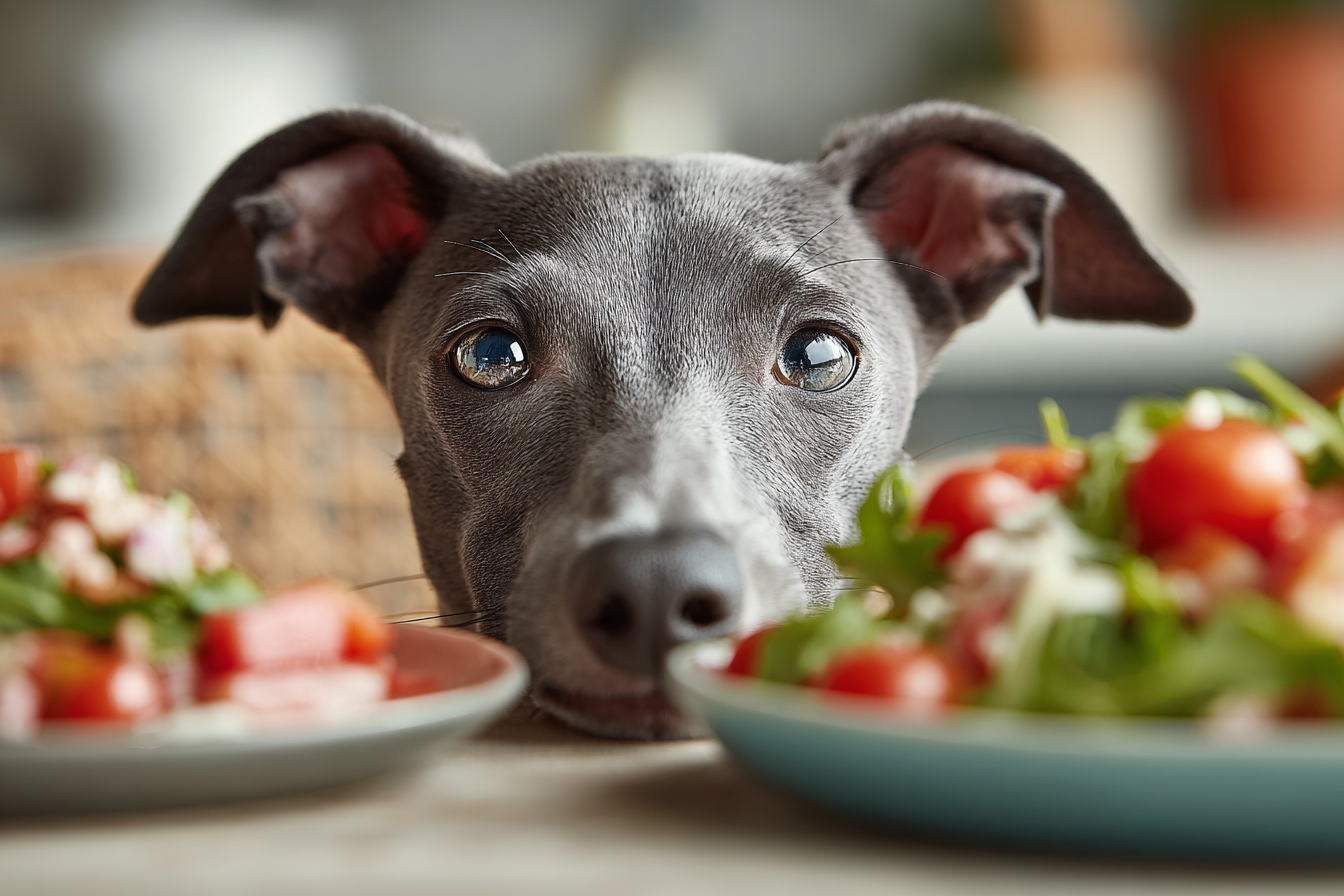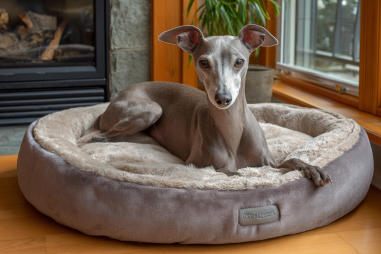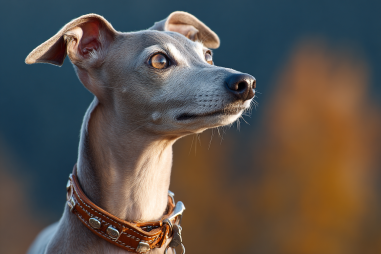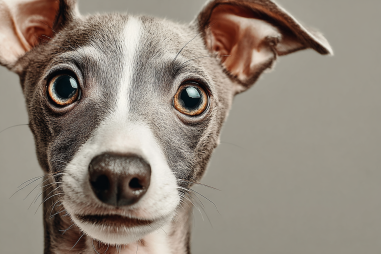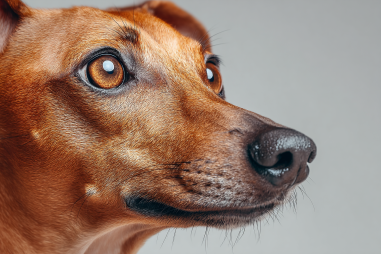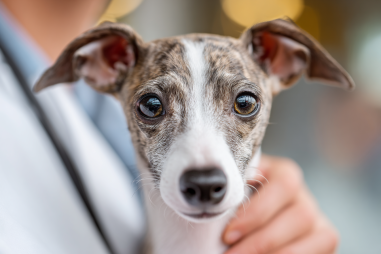Feeding your Italian Greyhound the right nutrients is vital for maintaining their health, energy, and overall well-being. This delicate and graceful breed has unique nutritional requirements that differ from larger dogs and other small breeds. Understanding these needs will help you provide the best diet tailored for your Italian Greyhound’s vitality and longevity. In this article, we’ll explore everything from macronutrients and essential vitamins to feeding guidelines, food sensitivities, and supplement options—all to help you nurture your Italian Greyhound in the best way possible.
Macronutrient Needs of Italian Greyhounds
Macronutrients are the building blocks of your dog’s diet, primarily consisting of proteins, fats, and carbohydrates. Each plays a crucial role in supporting your Italian Greyhound’s health, energy levels, and body functions.
Protein: Italian Greyhounds are active, agile dogs with lean muscles that require high-quality protein to maintain muscle mass and support tissue repair. Protein sources like chicken, turkey, lamb, and fish are excellent choices. Look for dog foods where a named animal protein makes up the majority of the ingredients, aiming for around 22-30% protein content for adult dogs.
Fats: Healthy fats are essential for this breed, providing concentrated energy, aiding in nutrient absorption, and supporting skin and coat health. Omega-3 and omega-6 fatty acids, found in fish oils and flaxseed, can help prevent dry, flaky skin and maintain a shiny coat. Approximately 8-15% fat content in their food is generally recommended.
Carbohydrates: While dogs don’t have an absolute requirement for carbs, they can be a valuable energy source. Opt for digestible carbohydrates like sweet potatoes, brown rice, and oats that contribute to sustained energy release without causing blood sugar spikes.
Vitamins and Minerals Essential for the Breed
Beyond macronutrients, vitamins and minerals are vital for your Italian Greyhound’s overall health, immune function, and metabolic processes.
- Calcium and Phosphorus: These minerals are particularly important for bone development, especially in puppies and growing dogs. Maintaining the correct balance is crucial, as imbalances can lead to skeletal issues.
- Vitamin A: Supports vision, skin health, and immune function.
- B Vitamins: Help with energy metabolism and nervous system health.
- Vitamin E: Acts as an antioxidant, protecting cells from damage.
- Zinc and Selenium: Important for skin health, immune system, and antioxidant support.
When choosing commercial dog foods, ensure they are fortified to meet the Association of American Feed Control Officials (AAFCO) standards for complete and balanced nutrition.
Choosing High-Quality Food Products
Quality matters greatly for Italian Greyhounds, given their sensitive digestive systems and fast metabolisms. When selecting food, consider these tips:
- Look for Real Ingredients: The first ingredient should be a named animal protein, not ambiguous terms like “meat meal” or “by-product.”
- Avoid Fillers and Artificial Additives: Ingredients such as corn, wheat, soy, artificial colors, flavors, and preservatives can irritate sensitive stomachs.
- Grain-Free vs. Grain-Inclusive: Some Italian Greyhounds do better with grain-free diets, especially if they show sensitivities; however, grains like rice and oats can be beneficial if tolerated well.
- Wet vs. Dry Food: Wet food can increase moisture intake and is often more palatable, while dry kibble helps maintain dental health. A combination might be ideal based on your dog’s preferences and needs.
Feeding Guidelines by Age and Activity Level
Italian Greyhounds have changing nutritional needs depending on their life stage and activity level.
Puppies
Growing Italian Greyhound puppies require diets rich in protein, fat, and essential nutrients to support their rapid development. Special puppy formulations with higher protein (around 28-32%) and fat (12-18%) content are best. Feed smaller, frequent meals throughout the day (3-4 times) to accommodate their small stomachs and higher metabolism.
Adults
Adult Italian Greyhounds need balanced nutrition to maintain energy without promoting excess weight gain. Depending on how active your dog is—whether they are couch companions or enthusiastic runners—the caloric intake will adjust accordingly. Generally, 2 meals per day with consistent portions work well.
Seniors
Seniors may require fewer calories due to lower activity levels but still need sufficient protein to preserve lean muscle mass. Foods formulated for older dogs often include joint-supporting supplements like glucosamine and extra antioxidants to support aging health.
Activity Level
Active and working Italian Greyhounds need more calories and may benefit from diets with higher fat and protein. On the other hand, less active pups might require calorie-restricted diets to prevent obesity, which can cause joint and health problems.
Food Allergies and Sensitivities
Italian Greyhounds can be prone to food allergies or intolerances, which may manifest as itching, ear infections, digestive upset, or skin problems. The most common allergens include:
- Beef
- Dairy
- Chicken
- Wheat and gluten
- Soy
If you suspect a food allergy, an elimination diet supervised by your veterinarian can help identify triggers. Choosing hypoallergenic or limited ingredient diets tailored to your dog’s needs offers a reliable way to avoid reactions.
Supplement Options
Supplements can be beneficial but should be used thoughtfully and under veterinary guidance. Some useful supplements for Italian Greyhounds include:
- Omega-3 Fatty Acids: Support skin and coat health and reduce inflammation.
- Glucosamine and Chondroitin: Help maintain joint health, especially important as the breed may be prone to joint issues.
- Probiotics: Promote a healthy gut and aid digestion.
- Multivitamins: To fill any nutritional gaps, especially in homemade diets.
Always consult your vet before adding supplements to your Italian Greyhound’s diet to avoid over-supplementation and potential side effects.
Finding the Right Nutrition for Your Italian Greyhound
Each Italian Greyhound is an individual with unique dietary needs shaped by their age, activity level, health status, and sensitivities. By understanding the macronutrients, vitamins, and minerals essential for their vitality, you can choose high-quality foods that nourish them best. Adjust feeding amounts and frequency according to their life stage and lifestyle, and remain vigilant for signs of allergies or intolerances.
When necessary, supplements can enhance their diet, but these should complement, not replace, a balanced nutrition plan. Through careful attention and tailored care, you can help your Italian Greyhound thrive, enjoying a long and healthy life full of zest and elegance.

